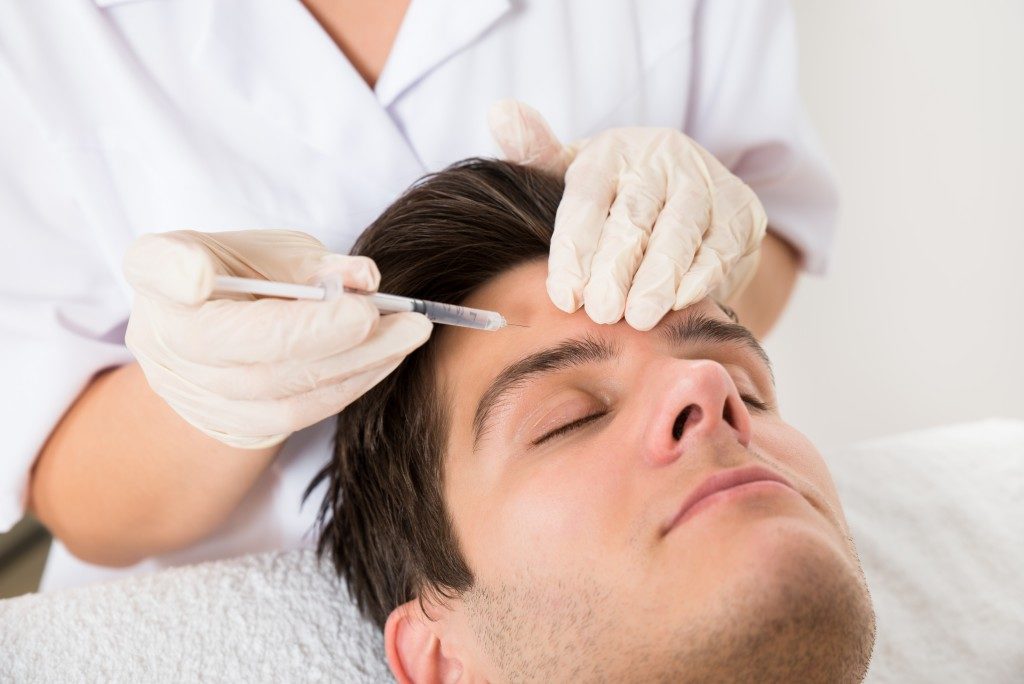Anorexia nervosa is an eating disorder characterized by an intense fear of gaining weight, self-starvation, and an obsession with thinness. People with anorexia typically Restrict their calorie intake, exercise excessively, and may also purge (self-induced vomiting) or use laxatives to lose weight.
Although it is most common in adolescent girls and young women, it can affect anyone at any age. Anorexia nervosa has the highest mortality rate of any psychiatric disorder, and it is estimated that 1 in 5 people will die from it. Here are five ways that anorexia can affect your health:
Heart Damage
When you have anorexia, your body goes into survival mode. This means that your body starts to break down muscle for energy since you are not getting enough calories from food. This can lead to decreased heart function and an increased risk for heart failure.
Bone Damage
Anorexia can lead to osteoporosis, a condition where your bones become fragile. This is because when you don’t get enough calories, your body doesn’t have enough fuel to build new bone tissue. This can lead to fractures from activities that wouldn’t normally cause them (such as coughing or rolling over in bed).
Brain Damage
Anorexia can lead to problems with thinking, memory, and decision-making abilities. This is because of the changes that happen in the brain when you don’t get enough nutrients. Anorexia can also increase the risk of anxiety disorders and depression.

Digestive Problems
People with anorexia frequently experience constipation, bloating, and abdominal pain due to the changes in the digestive system when someone doesn’t eat enough food. Over time, these symptoms can lead to more serious problems such as ulcers and gastroparesis (a condition where the stomach doesn’t empty properly).
Additionally, anorexia nervosa can also damage people’s teeth. The acid from purging can damage tooth enamel and make teeth yellow. This can also lead to tooth loss. People with anorexia may also have a dry mouth, which increases cavities.
Reproductive Problems
Anorexia can lead to infertility due to the hormonal changes that occur when someone isn’t eating enough food. It can also cause irregular periods or stop them altogether. In men, anorexia can lead to a decrease in testosterone levels, resulting in impotence or difficulty achieving an erection.
Eating disorders are problematic, and no other eating disorder is devastating to the human body than anorexia nervosa. But, thankfully, there are ways you can deal with it. Here are some of those ways.
Therapy
One of the most common treatments for anorexia is therapy. Various therapies exist today. Here are some of them.
Cognitive Behavioral Therapy
Cognitive behavioral therapy (CBT) is a type of therapy that focuses on helping people change the way they think and behave. It is effective in treating anorexia and other eating disorders.
The therapy uses different techniques to help people with anorexia change their thoughts and behaviors related to food and eating. CBT can also help people manage their emotions and develop healthier relationships with food.
Interpersonal Therapy
Interpersonal therapy (IPT) is another therapy that focuses on helping people with anorexia improve their relationships with others. It is based on the belief that our relationships with others play a significant role in our mental health.
IPT can help people with anorexia by teaching them how to communicate, express their feelings, and set boundaries. It can also help them develop healthier relationships with family and friends.
Interpersonal relationships can deal with the root cause of an eating disorder and help someone develop a healthier relationship with food.
Support Groups
Support groups are another treatment option for people with anorexia. These groups provide an opportunity for people to share their experiences and feelings with others who are dealing with similar issues.
Support groups can help provide social support, which is essential for recovery. They can also offer coping strategies and help people find new friends who understand what they’re going through.
Vitamins and Supplements
People who have anorexia nervosa often have deficiencies in certain vitamins and minerals. These deficiencies can be corrected with supplements.
Some of the most common deficiencies in people with anorexia include vitamin D, calcium, potassium, and sodium. Supplements can help correct these deficiencies and improve overall health.
Visit the Dentist
The teeth are one of the most damaged parts of the body when someone has anorexia nervosa. That’s why people with this disease are urged to visit a dentist. General dentistry services can help deal with the effects of anorexia on teeth. These include teeth whitening, veneers, and even dentures. All these are helpful when dealing with the oral problems that come with the disorder.
Anorexia nervosa is a severe eating disorder that can devastate your health. However, the treatments available can help you manage the disorder and improve your overall health. If you or someone you know has anorexia nervosa, don’t hesitate to seek help.









